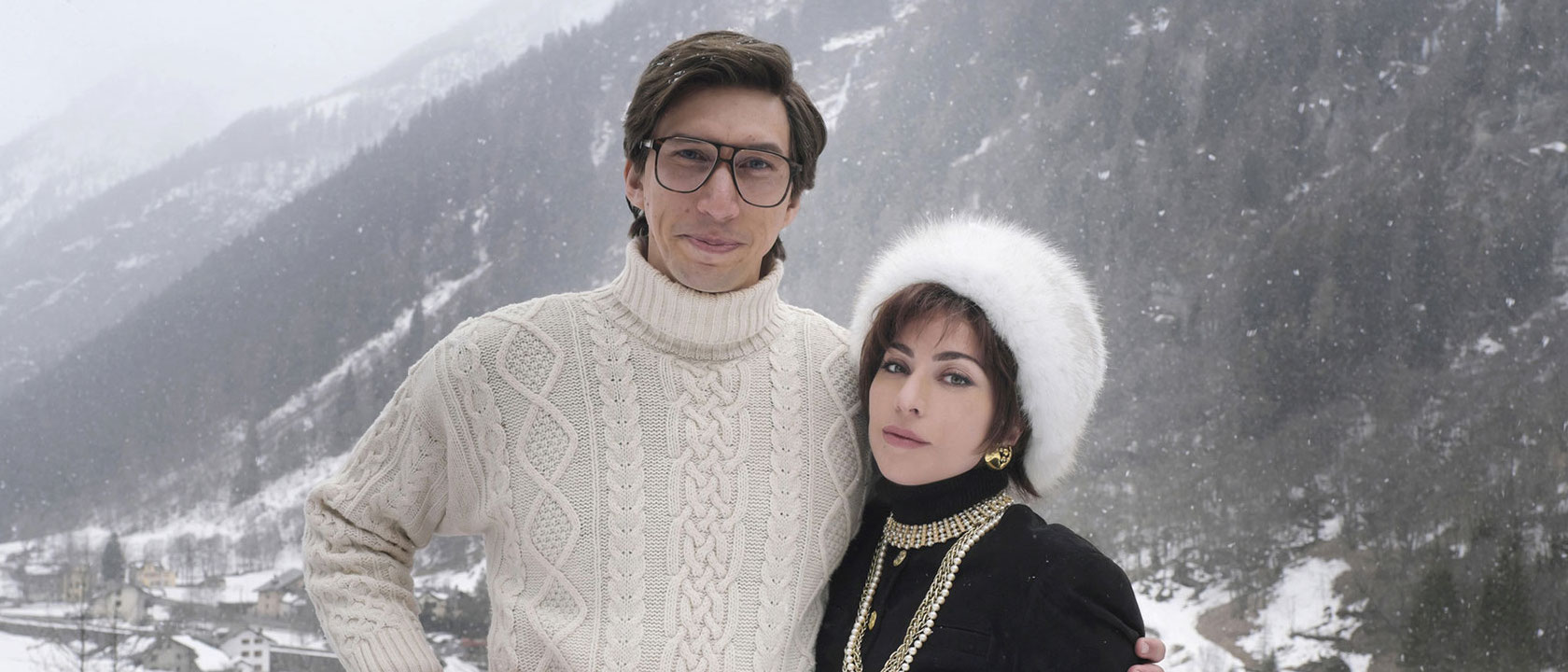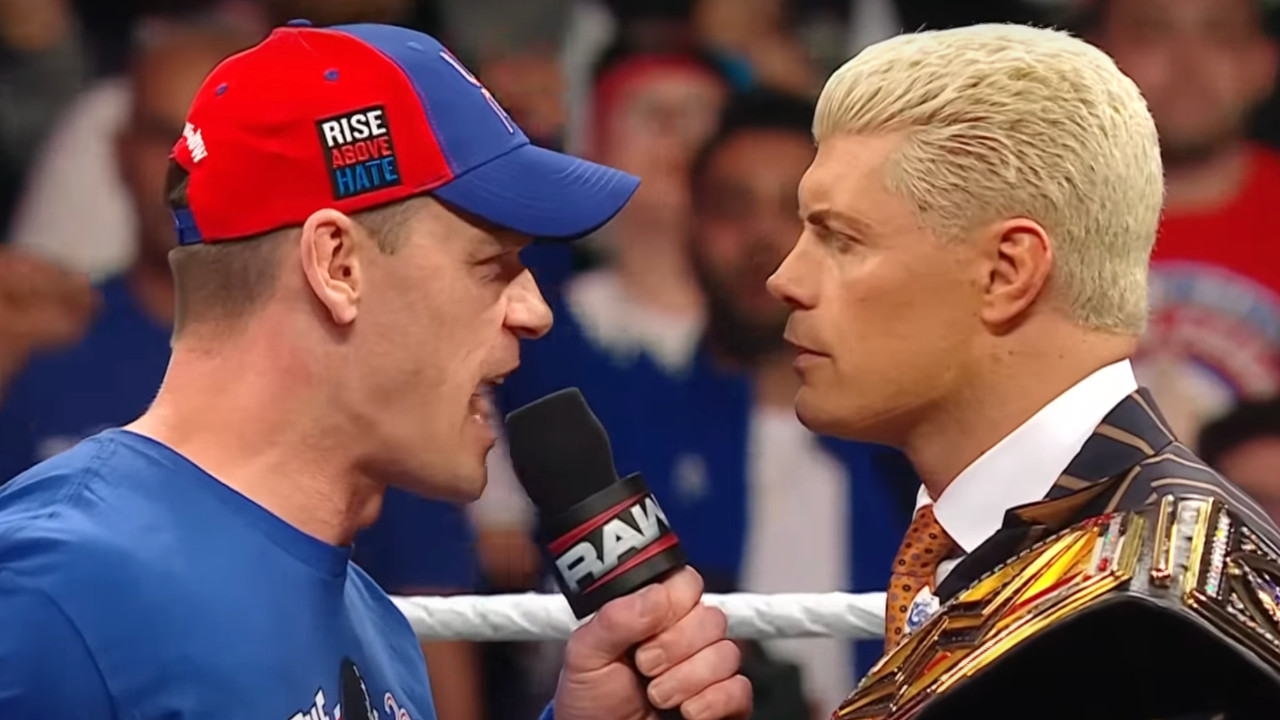Pulp Fiction and The Hateful Eight director Quentin Tarantino has stirred the pot in recent years claiming that he planned to stop making movies once he has reached 10 features. Beyond the fact that he’s interested in such things as playwriting and novels, Tarantino cites the fear that too many quality filmmakers cease to make quality films the longer they try. Stopping at 10 allows him to have complete control over his cinematic legacy, and potentially keep a true dud out of his filmography.
Sir Ridley Scott, on the other hand, is the example that proves Tarantino’s argument wrong. It’s fun to look at prolific filmmakers and see how many of their classics of which we might have been deprived had they stopped at 10 films. Scott, for example, made his tenth film, G.I. Jane, back in 1997. Hypothetically, if Scott decided to call it a career after that Demi Moore vehicle, we’d never have his 11th film: Gladiator. Suffice to say, it's thrilling that Scott continues to explore historic, satiric, and controversial material, because his curiosity has produced a handful of powerhouses in that post ‘97 era, including two that came out just this year: The Last Duel, and the new House of Gucci.
House of Gucci tells a tragically true story with fire and flair.
It’s sacrilege to compare any movie to Francis Ford Coppola’s The Godfather, but there are unmistakable parallels in House of Gucci to that Mafioso masterpiece (and I don’t just mean the presence of Michael Corleone himself, Al Pacino, in the ensemble). Adam Driver cuts a tragic figure in Maurizio Gucci, heir to the sartorial throne of his namesake who’d prefer to do anything else in life than carry on the family business. He thinks a relationship with an Italian firecracker Patrizia Regginai (Lady Gaga) is his ticket out of his obligations. But Patrizia adores the Gucci name and all the perks it provides as much as she loves Maurizio, and the power struggles of the insanely wealthy play out in baroque fashion.
Ridley Scott’s interpretation of Maurizio and Patrizia’s rollercoaster romance is one half Lifestyles of the Rich and Famous, one half Real Housewives of Milan. The film embraces excess, and dares its cast members to rise to the gaudy occasion of Dariusz Wolski’s cinematography, Janty Yates’ exquisite costuming, and Arthur Max’s production design. One rarely hires Al Pacino or Jared Leto so they can “play small,” and the celebrated scene chewers rip of chunks of House Of Gucci like it was a turkey leg at a Renaissance Fair.
There’s tense drama at play in the film if you know the story’s details. The pleasure comes from the abnormal ride through cartoonishly lavish playgrounds of the rich, and seedy underbellies of the criminal hangers-on surrounding them. House of Gucci constructs a corner of the world few of us will ever enter, mainly because we simply don’t belong.
Every performance in House of Gucci is a gem.
What the movie and its performances are most definitely not is subtle, as these diva-level acting turns are, by any definition of the word, not. However, they are refined in their delivery and carefully calibrated to match the exaggerated tones of Ridley Scott’s fashion soap opera. Ask me to name the most memorable Gucci performance, and my answer would change daily... but to start with anyone beside Lady Gaga feels like a sin against the Father, the Son, and the House of Gucci. The pop music royalty proves her Oscar-nominated turn in A Star is Born was no fluke, disappearing into the showy, commanding personality of Patrizia Reggiani. Already Gaga’s vibrant portrayal has birthed 100 memes on social media, but that cheapens the full-bodied woman Patrizia is under Gaga’s guidance: a tempest of lust, vanity, greed and jealousy.
Adam Driver matches Gaga at most every turn, though he’s playing the straight man to the Gucci circus that surrounds Maurizio. It’s easy to understand why this level-headed individual wants to escape the business of creatives chasing the next hot design like a puppy chases its tail. But every time House of Gucci detours down an alley to seek out a backstabbing bid for control of the company, we get to spend more time with either Al Pacino or an unrecognizable Jared Leto, respectively playing Aldo and Paulo Gucci. Even outside of the nuclear Gucci family, Ridley Scott lures rock-solid talent for his campy supporting parts, the best having to be Salma Hayek as a fortune teller who becomes Patrizia’s closest confidant. Gucci might not be everyone’s cup of Espresso, but it’s never dull.
House of Gucci, and everyone involved, understands the assignment.
Ultimately, House of Gucci is a tragedy for most everyone involved – but Ridley Scott knows that the band’s still playing music while this ship is sinking, so the party will go on until the bitter end. There’s a carefree looseness to Gucci the filmmaker hasn’t shown since 2013’s The Counselor, another can’t-look-away traffic jam that found incredibly gorgeous movie stars spinning out of control, dancing to a tune that few besides Scott can muster. But if you go into House of Gucci knowing that Ridley Scott is making a comedy out of what had to be a difficult time in the life of an extremely eccentric family of billionaires, you’ll be able to laugh along at one of the year’s most unforgettable films.

Sean O’Connell is a journalist and CinemaBlend’s Managing Editor. Having been with the site since 2011, Sean interviewed myriad directors, actors and producers, and created ReelBlend, which he proudly cohosts with Jake Hamilton and Kevin McCarthy. And he's the author of RELEASE THE SNYDER CUT, the Spider-Man history book WITH GREAT POWER, and an upcoming book about Bruce Willis.











